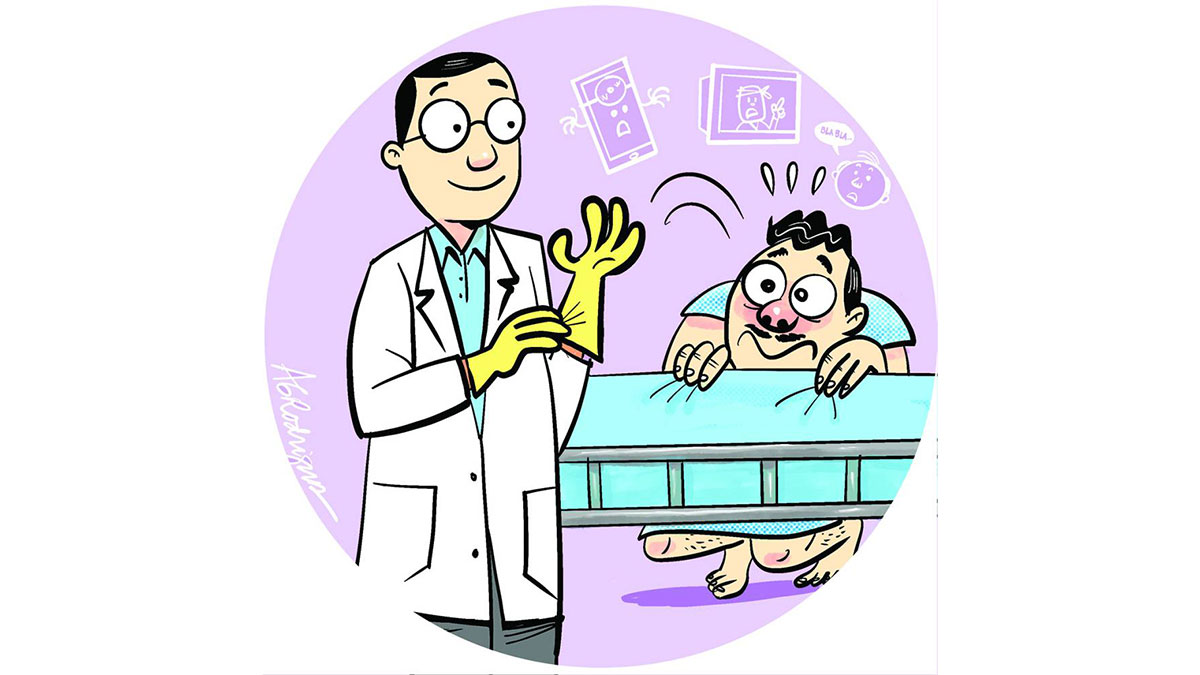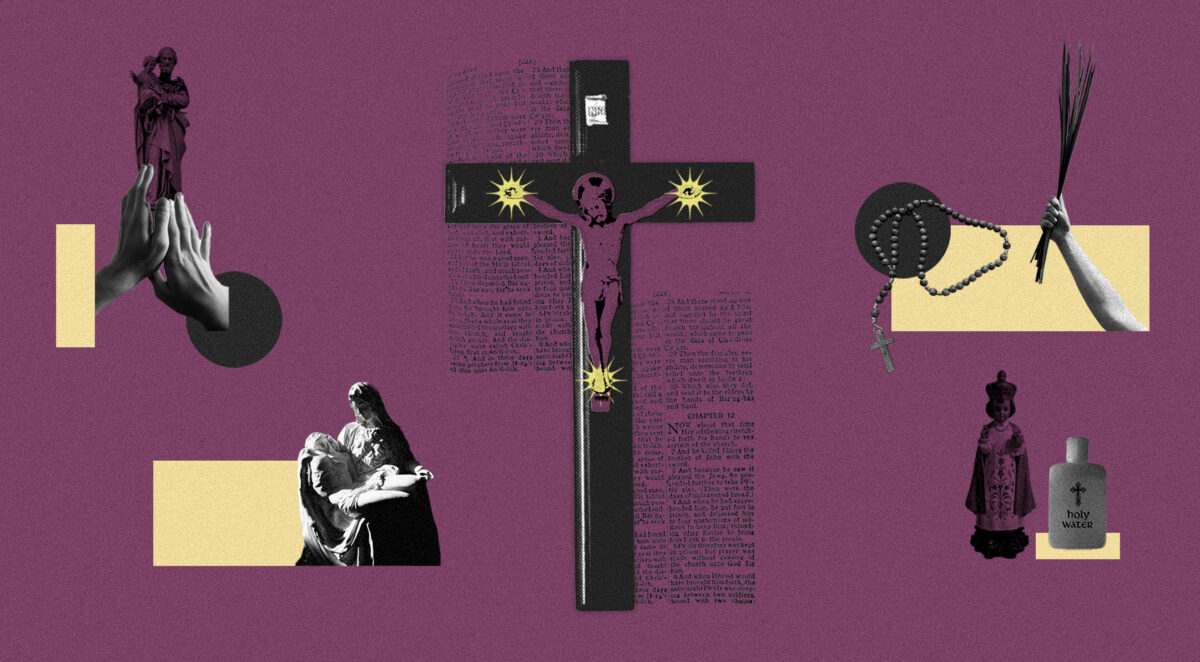We’re so relieved that US President Donald Trump has been declared recovering well from COVID-19; in fact, he’s considered fit and noninfective enough to go back on the campaign trail in a few days.
When the world’s most powerful person’s life hangs in the balance because of a potentially fatal disease, the whole world is in suspended animation. The suspense is now over, and we go back to regular programming.
Several have texted me to ask if Trump’s medical team pressed the panic button and gave him a shotgun treatment, including experimental ones. We’re not really in any position to assess the rationale for his treatment regimen, but the bottom line is that he didn’t experience any serious side effect, and seems to have recovered well.
Based on his official medical bulletins, he received a monoclonal antibody cocktail (MAC), steroids, remdesivir, melatonin, famotidine, zinc and vitamin D.
I’d just like to discuss the three treatments now on clinical trials, hence, considered experimental—the MAC, melatonin and famotidine.
The MAC is a combination of two antibodies, one coming from a person who has recovered from COVID-19 and the other from a mouse, with a genetically engineered immune system simulating that of humans. The antibody cocktail targets the spike protein of the virus to deactivate it and prevent it from replicating exponentially inside the cells. Experimental studies in animals—hamsters and monkeys—have shown it could potentially reduce the virus levels and disease severity.
Preliminary data
Just two weeks ago, the manufacturer of the cocktail presented preliminary data from its ongoing clinical trial on COVID-19 patients with asymptomatic or, at most, moderate disease. The results of the preliminary data suggested that those given it required fewer medical visits, but it showed no clear evidence that it could prevent progression to more severe disease. Trump, who was assessed to have mild COVID-19, would have fit into the enrollment criteria for the clinical trial.
However, giving him this experimental treatment, the immediate and long-term side effects of which are not known yet, was a bit of a medical gamble on a person whose health outcome would have impacted the whole world. For me, the risk-versus-benefit balance tilted more on the risk side.
Famotidine is a common antihyperacidity or heartburn remedy. A clinical trial testing the drug on hospitalized COVID-19 patients in New York suggested it might be helpful, but since they were not able to recruit the necessary number of patients, their results were not statistically significant. The Feinstein Institutes for Medical Research, which initiated the trial, is embarking on another trial on milder cases of COVID-19.
This drug has been around for decades and is established to be safe. So, I would have no qualms, too, about giving Trump this drug. After all, he was also on steroids, which can cause upset stomach, so famotidine can help prevent this, too.
He was also given melatonin, a commonly available sleep-aid supplement, but the dose was unspecified. It is presumed to be higher than the usual recommended dose given for sleep enhancement. Two colleagues based in the United States sent me messages that the medical team may have referred to our published preliminary report on the use of high-dose melatonin (hdM) in hospitalized COVID-19 patients.High-dose melatonin
The report, “Melatonin as adjuvant treatment for coronavirus disease 2019 pneumonia patients requiring hospitalization (MAC-19 PRO): a case series,” reported on 10 patients with moderate to severe COVID-19, admitted at the Manila Doctors Hospital on the first month of the pandemic here, to whom we gave hdM.
We published our preliminary experience in a US journal last June, and the editor acknowledged it in his editorial as the first published report on the use of high-dose melatonin in actual COVID-19 patients.
In the report, our observation was that patients given hdM—compared to patients who were not given hdM (non-hdM) during the same study period from March 5 to April 4, 2020—showed benefits in terms of recovery, prevention of more severe disease and possibly survival. In all 10 patients given hdM, clinical stabilization and/or improvement was noted within four to five days.
All hdM patients, including three with moderately severe acute respiratory distress syndrome (ARDS)—which is the main cause of death in COVID-19—and one with mild ARDS, survived. None required intubation and mechanical ventilation (MV), or being hooked to a respirator or breathing machine. The patients given hdM were discharged at an average of around eight days after initiation of hdM, compared to the 13 days average hospital stay in those not given hdM.
To provide perspective, although the groups were not comparable, 12 of the 34 (35.3 percent) COVID-19 (positive) by swab test non-hdM patients admitted during the same period died, and seven (20.6 percent) required MV, while six of 15 (40 percent) non-hdM (negative) by swab test but highly probable COVID-19 pneumonia patients also died, and four (26.7percent) required MV. No significant side effects were noted with hdM except for sleepiness, which was deemed favorable by all patients, most of whom had anxiety- and symptom-related sleeping problems previously. We concluded in the report that “hdM may have a beneficial role in patients treated for COVID-19 pneumonia, in terms of shorter time to clinical improvement, less need for MV, shorter hospital stay and possibly lower risk of death. HdM was well tolerated. This is the first report describing the benefits of hdM in patients being treated for COVID-19 pneumonia. Being a commonly available and inexpensive sleep-aid supplement worldwide, melatonin may play a role as adjuvant therapy in the global war against COVID-19.”
Clinical trial underway
A well-designed nationwide clinical trial on hdM in COVID-19 is now underway, spearheaded by noted lung specialist Dr. Camilo Roa Jr. It’s funded by the Department of Science and Technology-Philippine Council for Health Research and Development, and with this trial, we hope to validate what were observed in the preliminary report. Everything is set for the trial; the study group is just awaiting final approval from our Food and Drug Administration.
Last month, a group of local and foreign experts, including four former Department of Health secretaries (Doctors Enrique Ona, Jimmy Galvez-Tan, Manuel Dayrit and Paulyn Ubial), also came out with a consensus recommendation for the use of hdM in COVID-19, from the confirmed but asymptomatic cases to the critically ill cases. This was circularized here and in the United States. Our US colleagues say Trump’s medical team might have gotten hold of this report, too.
So, of the three experimental treatments Trump received, I believe giving melatonin and famotidine had results that were high-benefit (especially melatonin) and low-risk. I would have thought twice though before giving the monoclonal antibody cocktail. But who cares? He is back in the harness, and we should expect to hear more of his colorful remarks (Trumpisms), but hopefully less about his cavalier concern for COVID-19. INQ










































